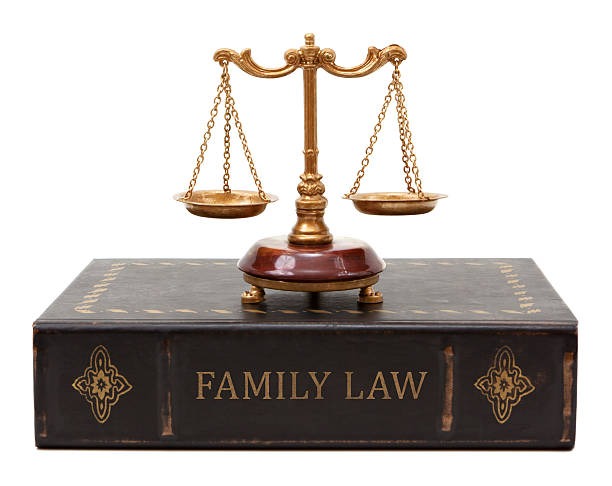Marriage in Pakistan is more than a cultural or religious bond it’s a legal contract with defined rights and responsibilities under the law. While most people view marriage as a personal matter, Pakistani marriage laws are governed by a combination of Islamic jurisprudence and statutory legislation. Whether you're entering your first marriage, registering your Nikah, or navigating the complexities of second marriage laws, understanding your legal rights is essential.
At Quaidian Lawyers, our expert family lawyers in Islamabad have guided countless clients through marriage-related legal matters. In this blog, we break down the key aspects of marriage law in Pakistan, clarify common misconceptions, and offer practical legal insights for couples.
Understanding Marriage Law in Pakistan
Marriage law in Pakistan is primarily governed by:
- Muslim Family Laws Ordinance, 1961
- Family Courts Act, 1964
- Marriage Registration Rules
- Islamic principles based on Sharia
These laws regulate everything from Nikah registration and maintenance rights to polygamy and marital dispute resolution.
Nikah Registration in Pakistan: Why It’s Legally Crucial
Registering a Nikah (marriage contract) is not just a religious act but a legal requirement under Pakistani law. According to the Muslim Family Laws Ordinance, every marriage must be registered with the Union Council through an official Nikah Registrar.
What You Need for Legal Nikah Registration:
- CNICs of bride, groom, and witnesses
- Passport-sized photographs
- Verified Nikah Nama
- Dower (Haq Mehr) details
- Signature of Nikah Khawan and registrar
Failure to register a Nikah can create legal complications, especially in cases of inheritance, divorce, or child custody.
Tip from Quaidian Lawyers: Always ensure your Nikah is officially registered even if you're having a private or religious ceremony.
Second Marriage in Pakistan: What the Law Says
In Pakistan, men are allowed to contract a second marriage under Islamic law but only under specific legal conditions.
Legal Requirements for Second Marriage:
- Permission from the first wife (in writing)
- Application to the Arbitration Council
- Valid reason (as per Section 6 of the Muslim Family Laws Ordinance)
Without meeting these conditions, a second marriage is considered illegal, and the husband may face:
- Fines
- Imprisonment up to 1 year
- Civil action including dower claims and divorce proceedings by the first wife
Common Misconception: Nikah performed without a first wife’s consent may be religiously valid but is legally punishable in Pakistan.
Legal Help for Marital Disputes
Marriage disputes are a sensitive issue and often require both emotional and legal support. At Quaidian Lawyers, our family lawyers in Islamabad offer guidance and representation in cases involving:
- Domestic violence or abuse
- Financial neglect or maintenance refusal
- Unregistered marriages
- Forced marriages or invalid unions
- Disputes over dower or dowry
We help you protect your rights while following all legal procedures under Pakistani family law.
Role of a Family Lawyer in Islamabad for Marriage Cases
Whether you're registering your first marriage or challenging an unlawful second marriage, a family lawyer in Islamabad ensures your case is handled with expertise and legal accuracy.
Our Legal Services Include:
- Nikah registration & documentation
- Second marriage permissions & Arbitration Council applications
- Filing complaints for unapproved second marriages
- Drafting marriage agreements & dower clauses
- Legal notices for maintenance, abuse, or annulment
Why Choose Quaidian Lawyers?
At Quaidian Lawyers, we specialize in family law and offer personalized legal solutions in marriage-related cases. We understand the cultural, emotional, and legal complexity involved and help our clients navigate it with clarity, confidentiality, and compassion.
What Sets Us Apart:
- Experienced family case advocates in Islamabad courts
- Expert guidance on nikah registration and documentation
- Skilled handling of second marriage disputes
- Transparent fee structure and client-first approach
Final Thoughts
Marriage is a sacred institution, but it also comes with legal responsibilities that must not be ignored. From Nikah registration in Pakistan to the legal implications of second marriages, understanding the law is essential for protecting your rights and maintaining harmony.
If you are planning a marriage, facing a legal dispute, or need clarification on your legal standing, reach out to Quaidian Lawyers your trusted family lawyer in Islamabad.
Book a consultation today with our legal experts and ensure your marriage is not just valid but legally protected.





Comments